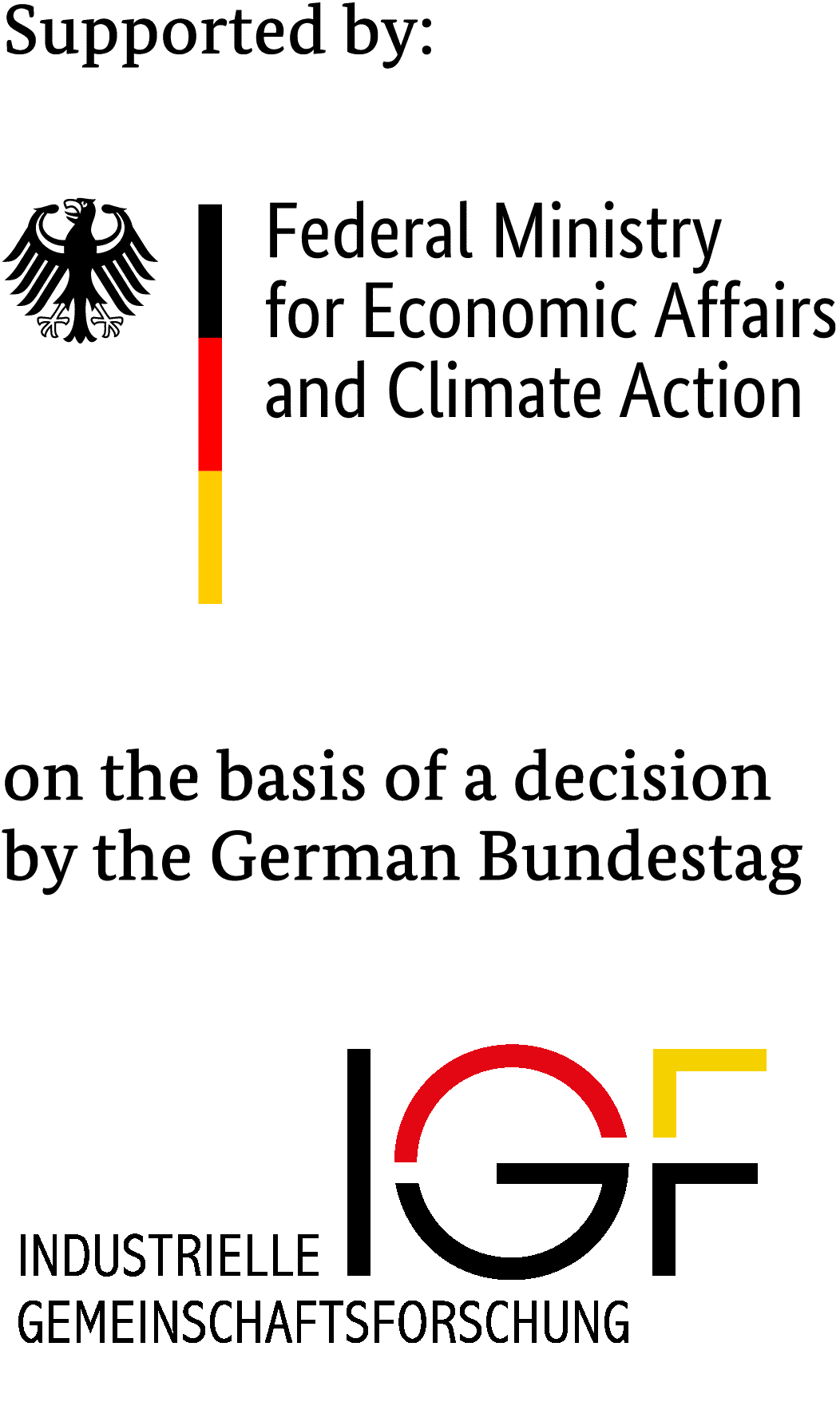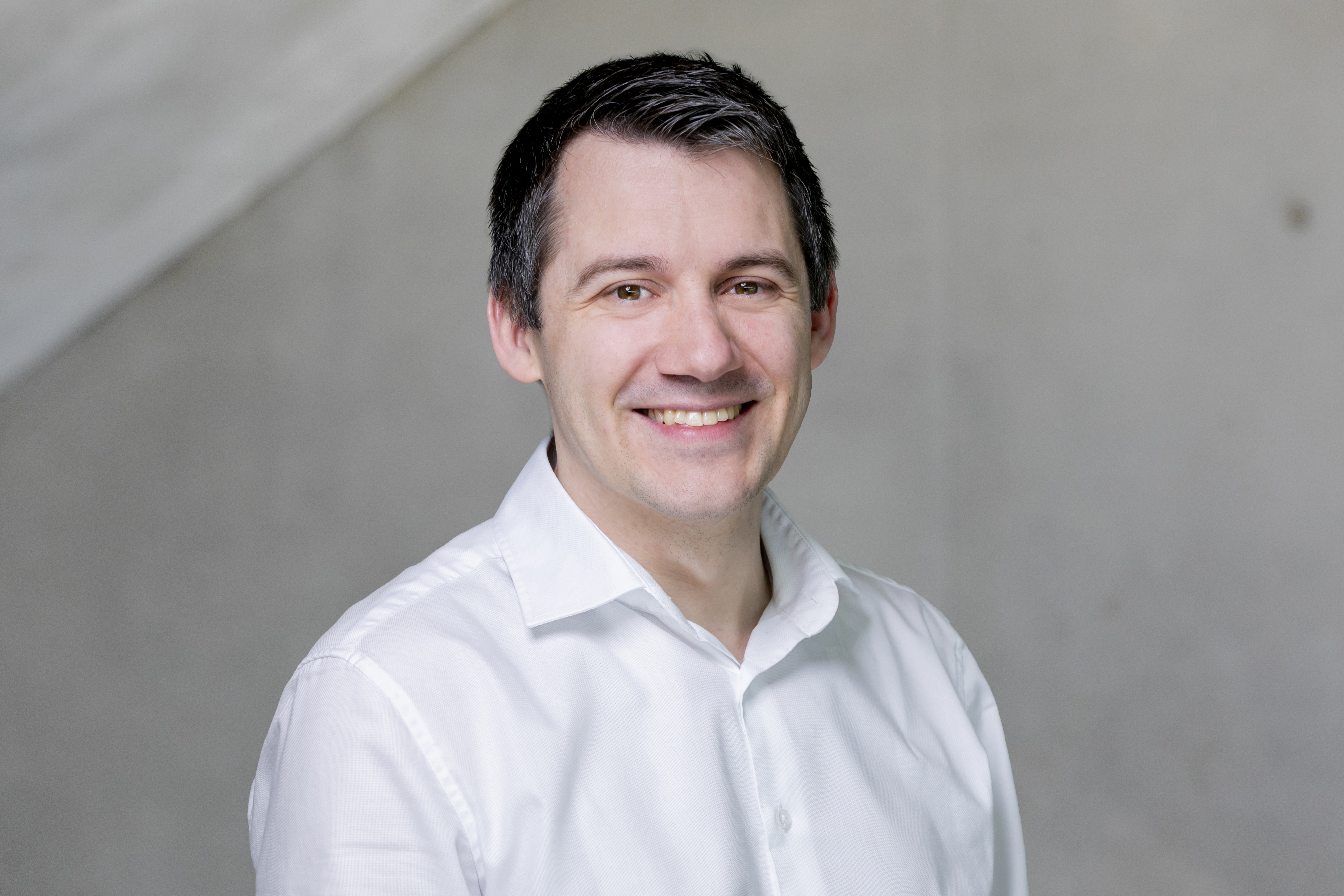Climate neutrality is not possible without CO₂ capture and storage (CCS) due to the unavoidable material-related process emissions. Due to the relatively low CO₂ avoidance costs, oxyfuel technology is considered promising compared to other capture technologies. Despite the high Technology Readiness Level (TRL), no experience has yet been gained in the operation of these plants. In addition, there are no standard procedures for the start-up and shut-down of oxyfuel furnaces. As the oxyfuel process is an integrated separation technology, the process changes significantly. It is unknown how and how quickly it will be possible to react to incidents and how new material cycles for classic waste gas components could form, which could not only affect the clinker burning process but also have an influence on the effort required for purification. It is therefore very important to understand how different process parameters and operating conditions affect the CO₂ concentration. The CO₂ purity is decisive for the CO₂ infrastructure, whereby purification is energy-intensive and may require additional components. The changed process control and thus new conditions in the furnace system will also change the operating mode. Human process controllers and process automation must be prepared for this. For this reason, the oxyfuel technology is to be investigated qualitatively using dynamic process simulation. This will provide a basis for the control and optimization of oxyfuel systems. Furthermore, the basis for an oxyfuel training simulator will be created. The results are summarized in operating recommendations in order to provide medium-sized cement plants, SMEs in the field of control and regulation technology and SMEs in plant engineering with the tools to develop and make the best possible use of innovative technology for CO₂ capture processes.
Investigation and optimisation of the dynamic operating characteristics of the oxyfuel-operated cement clinker burning process for CO₂ capture
The oxyfuel technology is to be investigated qualitatively using a dynamic process simulation. This will provide a basis for the control and optimization of oxyfuel systems, resulting in a faster rollout of this crucial technology for CO₂ reduction.
Project partners
Sponsors

The research project is funded by the Federal Ministry of Economic Affairs and Climate Protection (BMWK) under the number 01 IF23261 N.
